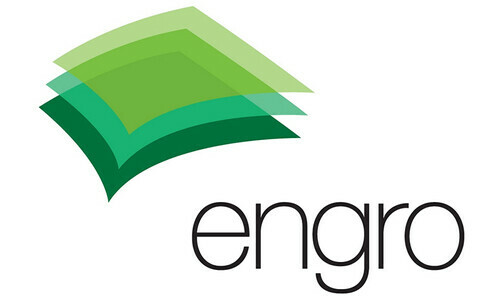DECEPTIVE marketing is rampant. Consumers feel the pinch and some vent their frustration at the person behind the cash counter or service desk, but generally accept it as part of the game.
“The cereal I buy can fit in a box one-fifth the size it is packaged in. What do you expect me to do? Switch? I did, but ended up paying more for something that no one liked in the family,” a middle-aged father told this scribe.
When asked if he will file a complaint or do something about it, his reply was obvious.
“Yes, I do feel betrayed and insulted, but I know for a fact that not much can be done about it. Besides, neither do I have the energy nor the luxury of time to pursue the matter,” he grumbled.
This is not a routine moaning of a customer who is never satisfied. The domestic market seems to be dominated by suppliers who leave the customers at the receiving end.
The competition watchdog has heard cases alleging unfair marketing practices by an oil company, food (including frozen food) companies, cellular operators, a hospital, an FMCG firm and a fertiliser company
Dr Joseph Wilson, Acting Chairman of the Competition Commission of Pakistan, endorsed the perception that the incidence of deceptive market practices is higher in Pakistan than in many other countries.
Talking over phone from Islamabad, he blamed the inequitable relationship between buyers and sellers on weak regulatory oversight, lack of consumer awareness, and virtual absence of rights organisations, despite the expanding consumer base.
“How can a company be allowed to air misleading content? Why are companies allowed to sell packaged food products that are not properly labeled? How can telecom companies introduce charges at whim without informing customers,” Dr Wilson asked.
He explained that all regulatory institutions like Pemra, SBP, Nepra, Ogra etc. need to be vigilant and should be held accountable for misadventures by private players in their ambit.
He believes the country lacks complementary laws such as those that deal with labels to assure quality control and ensure consumers get what the label claims.
The CCP mailed to Dawn a list of cases it has dealt with in this regard. They involved an oil company, food (including frozen food) companies, a hospital, cellular telecom operators, an FMCG and a fertiliser company.
“It is naïve to blindly trust the market. The moral deficit in many private players is too stark to ignore. There is a need for collective action and there is a role for the government,” said a market watcher.
There are a few consumer rights bodies, but people cast doubt over their ‘ reputation.’ “For all I know, they have not served the purpose and are being used by fortune-seekers to amass wealth quite often through blackmailing,” commented a lawyer.
A commission was constituted in 1998 to recommend measures for consumer protection. The laws were framed and specialised consumer courts established to redress complaints in the last decade. The initiative, however, soon lost steam, and for years there has been either no or no significant activity that caught the media’s attention.
“Market fundamentalism has eroded any sense of community and has led to rampant exploitation of unwary and unprotected individuals,” renowned economist Dr Joseph Stiglitz wrote in an article where he was discussing the global financial crisis.
It is hard for the TV-addicted population, which watches numerous channels, to remain immune to the bombardment of advertisements in living rooms.
The office of fair trade at the competition commission did move against deceptive marketing practitioners. It investigated them and in eight out of ten cases, penalised the violators of public trust. It did alert companies to respect its guidelines regarding ethical marketing practices.
An independent market assessment did indicate the presence of unethical marketing practices in varied forms and levels.
Product-pricing is not transparent and is often misleading. For example, ‘special offers’, ‘two-for-one offers’, ‘factory price’ and ‘wholesale price’ tags are used unjustifiably.
To promote a product or service, its features or performance were sometimes misrepresented. Numerous products like soaps, shampoos, toothpastes and services failed to deliver the stated quality.
Customers are also often duped by packaging. It includes packing products in over-sized boxes, exaggerating package contents through subtle design or using misleading labels. Boxes of cereal, packets of spices and multiple chips packs appear too big for their content.
The perception that small local companies are more careless about the quality may be true, but some global brands also cross over the line of ethical practices. In Pakistan, telecom firms — both local and foreign — were penalised by the relevant authority for colluding and introducing charges without informing customers in July 2011.
Published in Dawn, Economic & Business, October 13th, 2014













































Dear visitor, the comments section is undergoing an overhaul and will return soon.